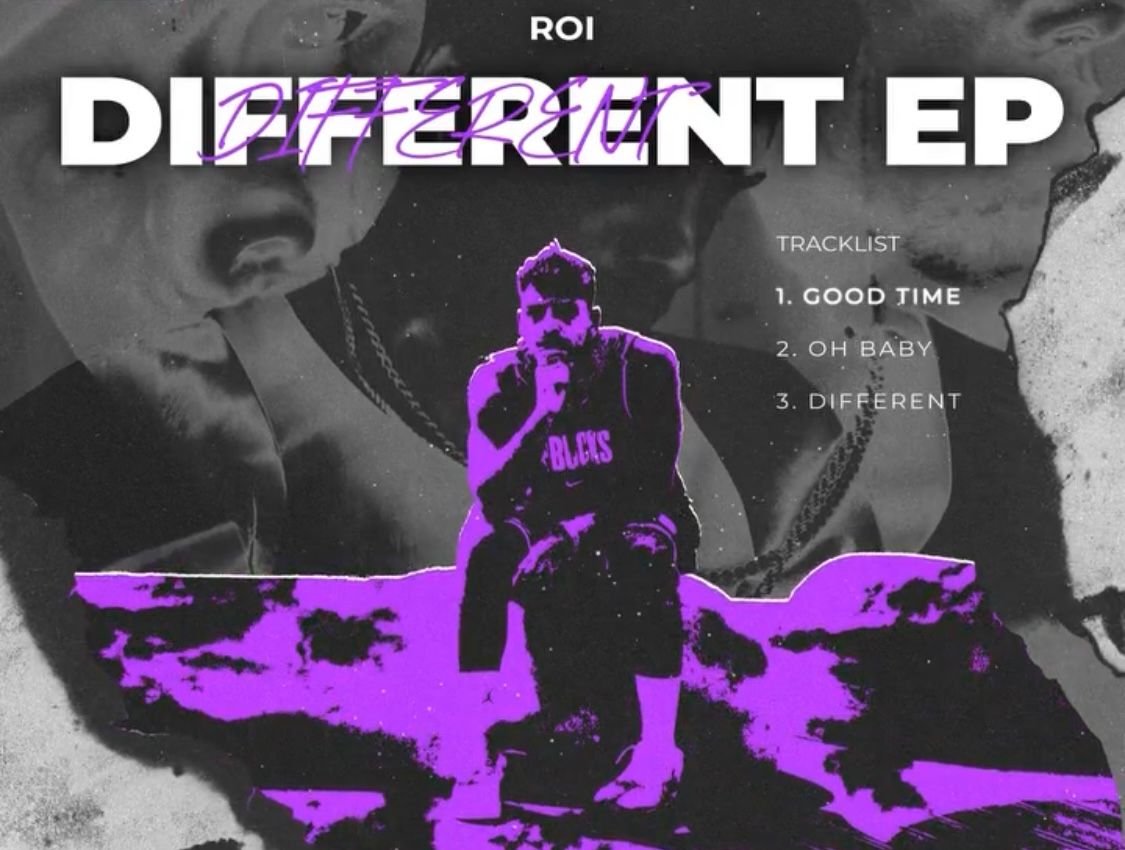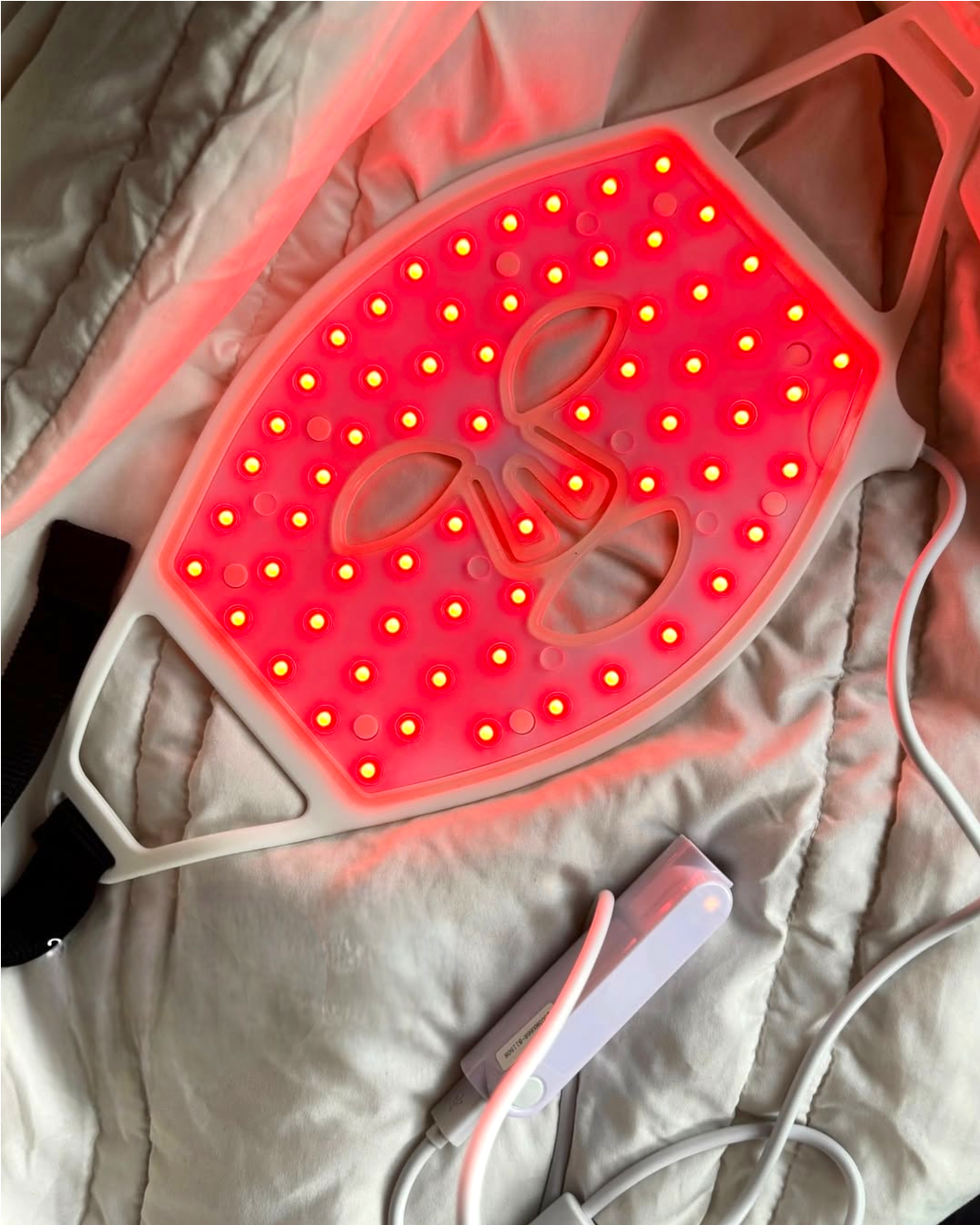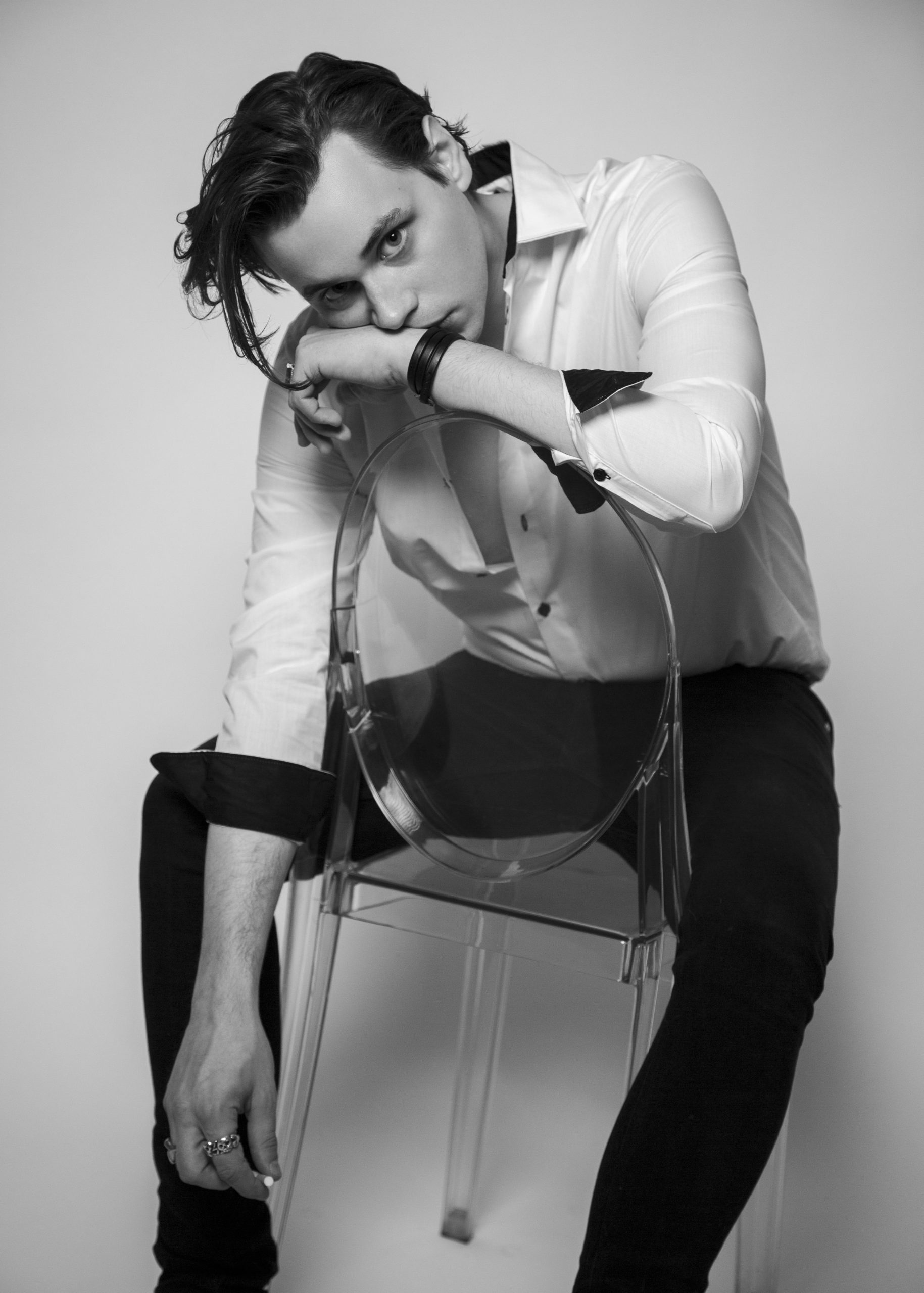
Roei Edri’s new EP, Different, arrives with the kind of polish and ambition that signals a mature artist working fully in his element. Recorded at Mary Jane Studio in Be’er Sheva with producers Gaash Ninari (keys, synths) and Omer Bitton (guitars, live effects), the record balances warm, analog textures with the crisp immediacy of contemporary R&B. Mixing duties were handled by Ninariand Bitton, with mastering by Roy Boukris, and the result is a compact three-track set that feels both personal and expansive.
The opener, Good Time, is a standout: an R&B/Trap-inflected piece that rides on playful grooves and lush harmonic layering. It captures the rush of a new romance with a soulful vocal delivery that sits confidently above a bed of tightly locked beats and shimmering synths. The title track, Different, leans into more atmospheric territory, with Edri’s expressive vocals driving a narrative of change and self-discovery. By the time Oh Baby closes the set, the EP has traced the emotional arc of relationships from euphoric beginnings to their more complicated aftermath.
What makes Different especially compelling is how it reflects Edri’s broader trajectory. Over the past decade, he has moved from the ceremonial stages of national broadcasts — singing as a soloist for Israel’s official Jerusalem Day ceremony on the Israel Broadcasting Authority and headlining a special feature on the national TV Channel 13 — to leading ambitious projects like Yad Lemala with the Tze’irei Be’er Sheva ensemble. These milestones, along with his work on Eurovision-related productions and state events, have made him a central figure in Israel’s music landscape, distinguished from his peers by both range and consistency.
Edri’s career has never been confined to the studio. His performances span major venues such as Levontin 7, Hangar 11, Bet Aamudim, and the Performing Arts Center in Be’er Sheva, as well as international headlining appearances like national Montreal’s Independence Day celebrations. Collaborations with other well-known Israeli artists including Hanan Ben Ari, Amir Dadon, and Itay Levi further demonstrate his versatility and credibility across genres.
What emerges on Different is not just a polished studio effort but the latest chapter in a career that has been marked by high-profile national performances, collaborations, and original compositions. Edri’s voice — smooth yet dynamic, capable of both raw intensity and subtle nuance — carries the project with a confidence that feels earned rather than manufactured.
In the end, Different succeeds not only as a record but as a snapshot of an artist whose work has become deeply embedded in Israel’s contemporary culture. Indeed, the EP ultimately affirms his place as one of the most influential voices in Israeli music today, with a sound that resonates far beyond the rhythm and blues genre.




